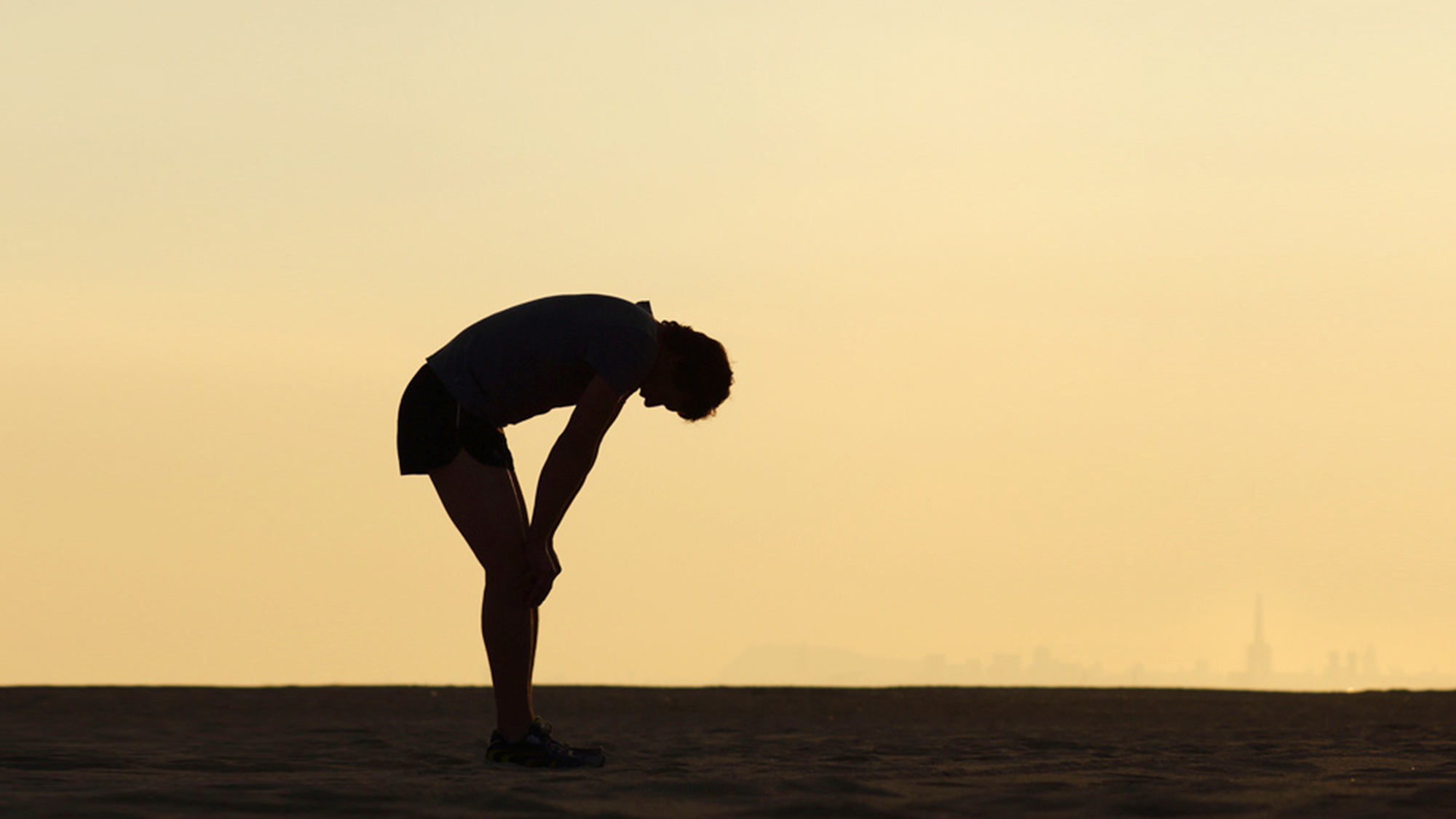These last few weeks have been filled with big events, both in my slowly growing and expanding HEMA career, as well as in life.
I turned 21, and spent much of the day demonstrating with my school at a public event. Who would have thought this time last year that I'd be spending my birthday hitting people with swords, dressed like a tavern wench? Life is a funny old thing.
My lovely class got me the manual from which we are learning, leaving me a little red in the face considering the content of my last blog post. I've yet to find the academic enthusiasm to take to it with much zeal - but I've certainly looked at the pictures. I will make a proper effort to engage with the material as it pertains to each class. Even if that means squinting at a confusing paragraph for thirty seconds, then giving up and making a sandwich instead. We all start somewhere, right?
I have more or less finished my university degree - and will be finding myself with a lot more free time for the next little while. I think it's time I do myself a favour and commit to some kind of consistent exercise regime outside of class. I was considering taking up dance classes again - which would benefit both my cardio and my footwork. Plus, it beats running on a treadmill for an hour! I also need to think about some strength training - the rate at which my sword arm gets tired (from a measly single-stick) is, frankly, embarrassing.
Over the weekend myself and a couple of classmates went to a day of workshops at another local school. The idea was for their senior students to have a go at instructing a class in their chosen discipline. For me, this day was valuable for a couple of reasons. I was excited to learn the basics of some different styles, such as longsword and rapier. It was interesting to see where the techniques differed, and how much I was relying on the conflicting techniques I had been learning. Clearly my muscle memory is working, as I was told "This isn't sabre, don't do ____!" several times during drills.
Secondly, and though the prospect of instructing is long way off for me - it was interesting to watch the senior students figuring out the best ways to communicate with their beginners. I realized I had been taking the skill of instructing for granted - ours makes it look easy. But it turns out there is a lot involved in getting a class engaged in learning a technique or doing a drill - some people are naturally gifted at commanding attention and others really have to work for it. I found myself considering all the ways I would go about it, wondering if my voice would be loud enough, if people would accept my authority as a 5'5 woman yelling at the front of a class.
Most importantly, you have to really know the material you are teaching. Beginners will ask questions you aren't expecting and you need to be ready with an answer that will make sense to someone with no previous experience. It's far too easy to 'presume knowledge' and go about demonstrating a cutting technique, not realizing that your beginners don't even know how to stand properly yet.
Most importantly, you have to really know the material you are teaching. Beginners will ask questions you aren't expecting and you need to be ready with an answer that will make sense to someone with no previous experience. It's far too easy to 'presume knowledge' and go about demonstrating a cutting technique, not realizing that your beginners don't even know how to stand properly yet.
Our class is doing our very first grading at the end of the year. We are spending the next few weeks consolidating what we have learnt over the last few months, in preparation for an 'exam' scenario. As someone who hasn't had to do an exam in about four years (I'm an arts student) this fills me with no small amount of dread. I am being forced to review my progress in a really tangible way - and of course, all the worries of inadequacy begin to creep in. What if I don't do as well as my classmates? What if they progress and I don't? What if nobody speaks to me again because I couldn't do a simple Sforzi?!
On the other hand, I am looking forward to testing my mettle as a baby swordfighter, and - provided I pass - it would serve as a nice transition from 'that hobby I've just started but could still quit at any time' to 'a martial art that I am dedicated to making real progress in'. You may remember me calling myself a 'Serial Quitter'. Perhaps it's a little petty, but I'd like to show the people in my life who are used to (and are perhaps expecting) me to throw in the towel that I am capable of committing myself to something, and that I am capable of getting better at it.
Sword night is still my favourite night of the week. I've made friends, I've learnt things about myself, and I am continuing to learn all the time. This class gives me a few hours away from everything else, where all I have to do is remember how to hold a stick correctly. And sure, there are days when I don't even get that quite right - but I feel comfortable making mistakes now. I feel comfortable with my instructor and my classmates and I am proud of the environment we're creating together.
As we work together toward the grading, I look forward to watching all of us grow as swordfighters. We're all still sabre babies, but look out world... We're learning to walk.











